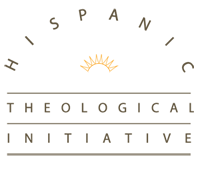2023-2024
HTI/Lilly Dissertation Fellowship
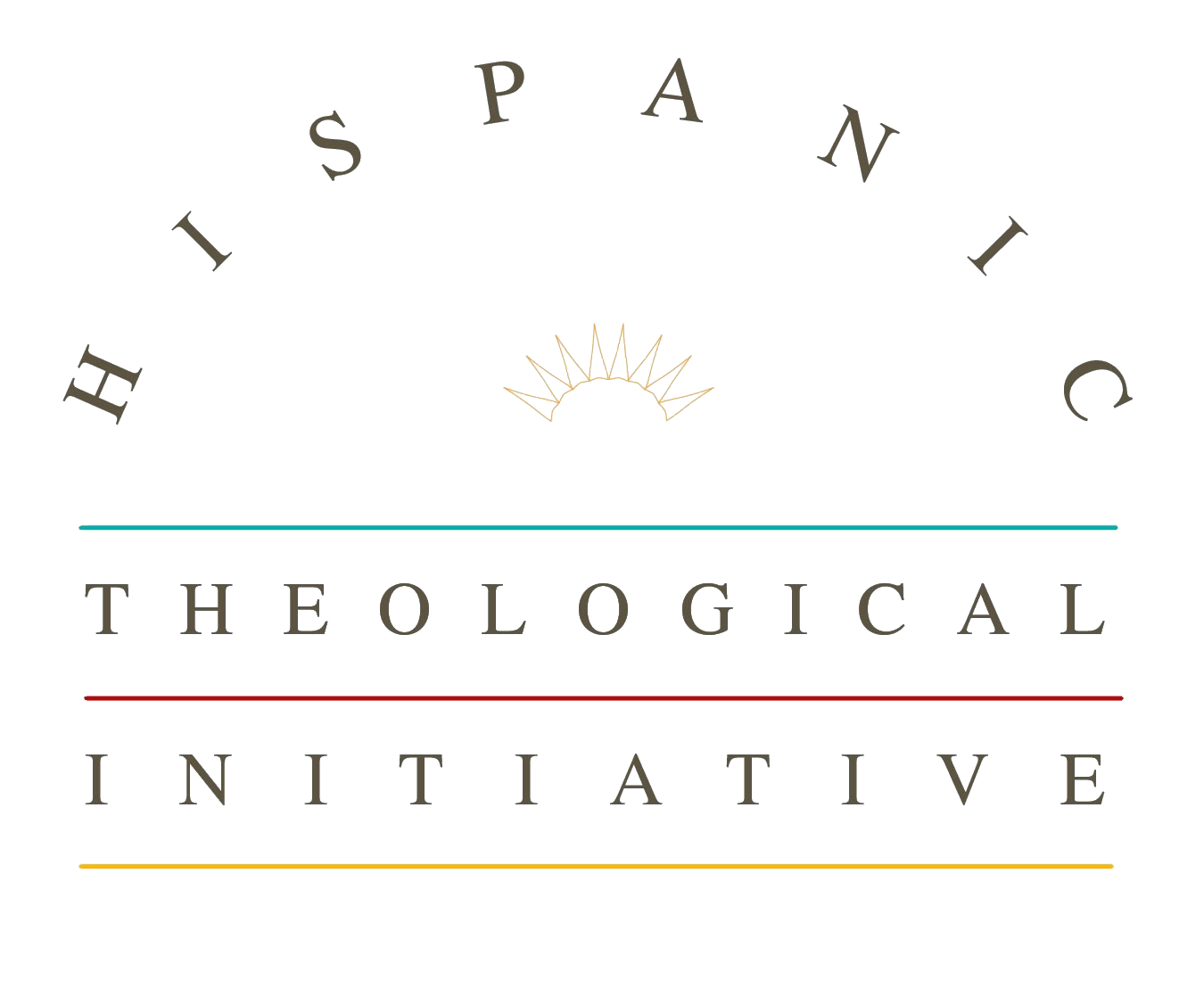
Congratulations to the 2023-2024 HTI/Lily Dissertation Fellowship Recipients!
The HTI/Lilly Dissertation Fellowships are possible thanks to a grant from the Lilly Endowment Inc.

Gonzalo Alers
Drew University
Gonzalo is a native of Puerto Rico. His academic interests are the critical study of the New Testament (the Gospels and the Book of Revelation), Early Christianity, Non-canonical literature, and the Greek language. His research engages the intersection of postcolonial and decolonial theories, New Testament narratives, la puertorriqueñidad, and the myriad of hermeneutical implications. The goal is to provoke new conversations toward an awareness of the socio-political situations in a territory marginalized by more than five centuries of foreign domination.
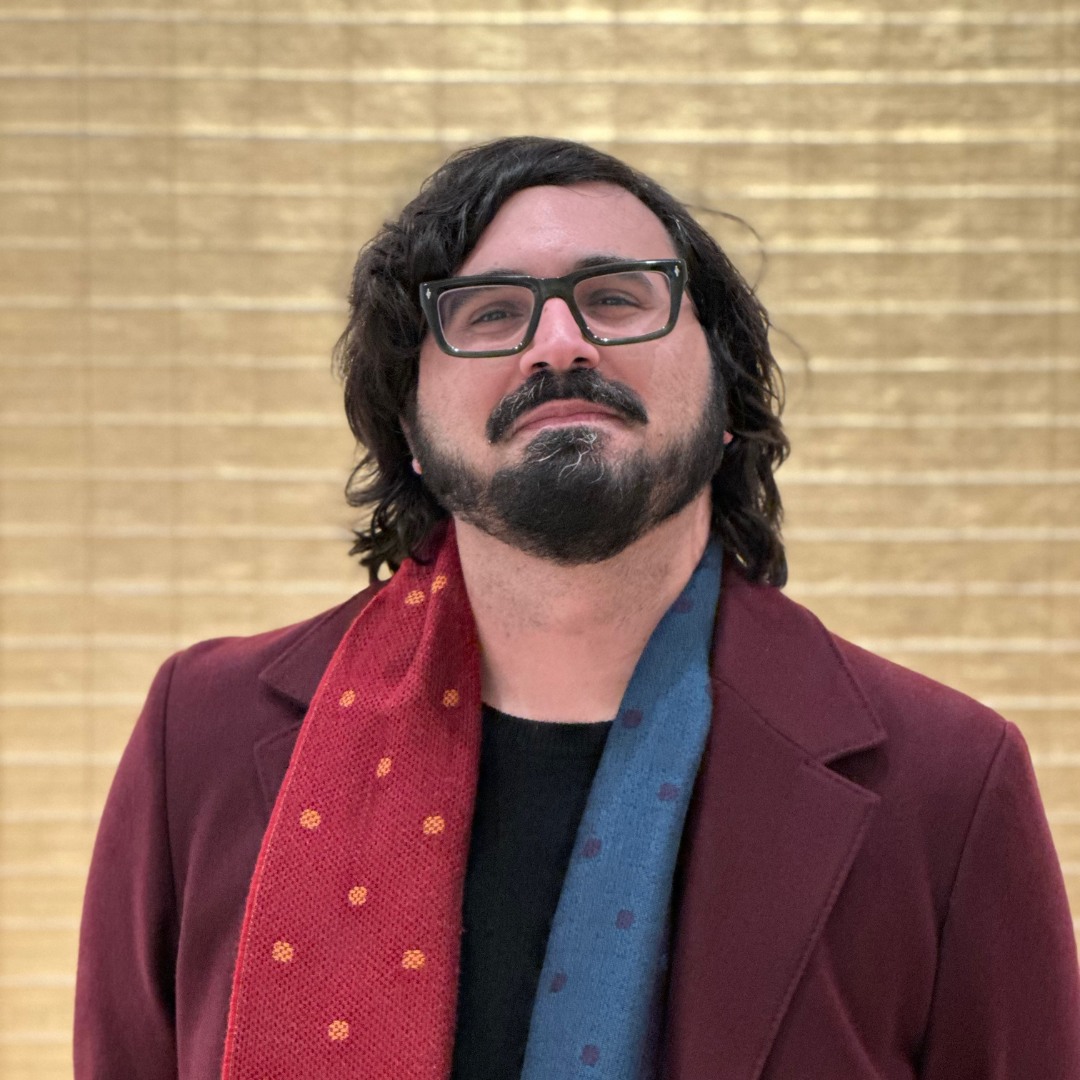
Michael Anderson
Drew University
Michael Anderson is a PhD candidate in the Theological and Philosophical Studies in Religion (TPSR) area at Drew. His primary research interest lies in the intersection between philosophy and theology, especially in relation to concerns of intimacy, love, and desire. His dissertation examines the development of the concept of friendship as it emerged in Greek and Roman antiquity until contemporary times. This project presently imagines what it might mean to think of friendship as a kind of “everyday mysticism” shared between at least two people. This practice–in its phenomenological and existential expression–is, what he thinks, a mutual attempt at god-making, which is to say, a queer practice of freedom. Beyond his work on friendship, Michael is concerned with questions of identity and belonging.
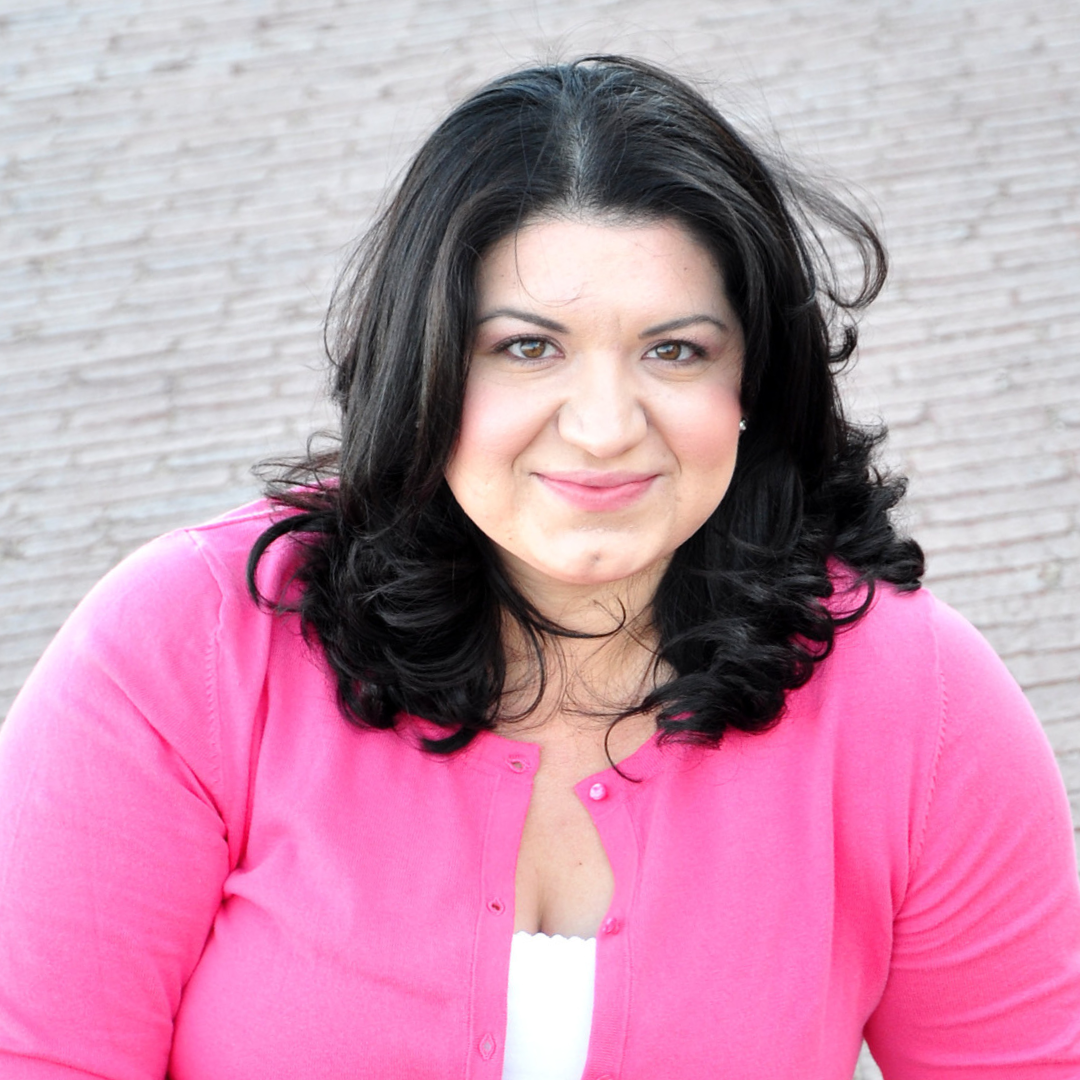
Nancy Frazier
Dallas Theological Seminary
Nancy is Mexican-American, and her interests include the intersection of theology and cultural phenomenology, particularly as it relates to revelation, communal ethics, spiritual formation, and the arts. Once she completes her doctoral studies, Nancy plans to pursue teaching theology at an institution of higher learning and hopes to serve in a local church as part of their teaching and vision team. In addition to her academic writing, she would like to write for a general audience on the intersection of theology and race, theology and gender, theology and the arts, and theology and spiritual formation.
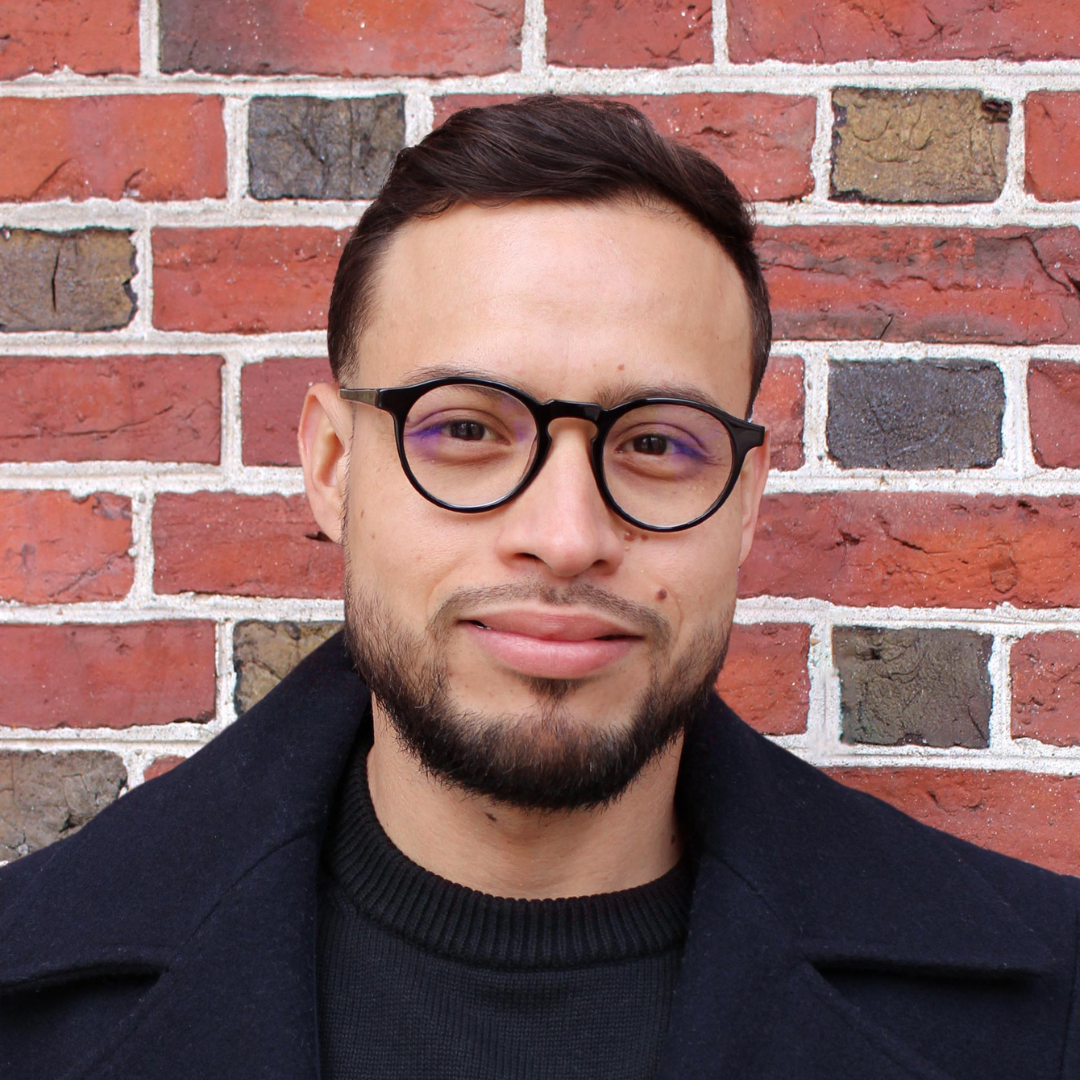
Alfredo Garcia
Harvard University
During his Master of Divinity program at Harvard Divinity School, Alfredo was inspired to research the irreplaceable presence and powers of curanderos (magico-religious healers), spirits, gods, and God in the lives of Mexican migrants. His doctoral research focuses on the life, healing ceremonies, and ritual legacy of El Niño Fidencio, a renowned “folk” saint and curandero of the early 20th century. Alfredo grew up in an ejido, an agricultural town, in Coahuila MX—where his family introduced him to a local misión/church where El Niño Fidencio’s ceremonies were carried out by cajas or materias; ritual specialists possessed by the spirit of the original healer. Over time, Alfredo began to witness the ties between the healing work of Fidencio’s ritual descendants and the trauma suffered by Mexican migrants. Grounded in the phenomenological methods of comparative religion and existential anthropology, his work seeks to understand how migrants recover—through ritual action—from ongoing political and spiritual violence in the US-México borderlands.
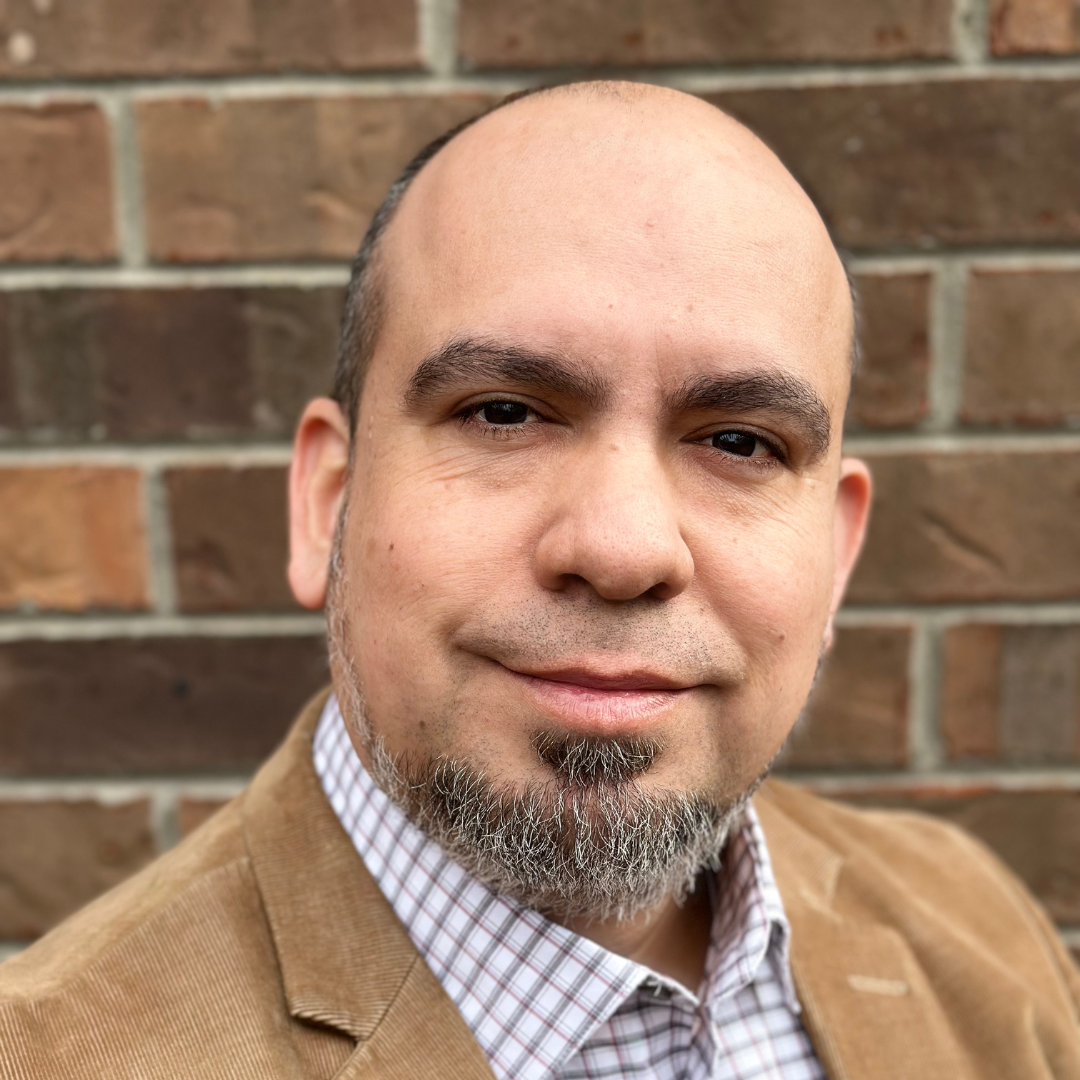
Francisco J. Garcia, Jr.
Vanderbilt University
Originally from Los Angeles, California, Francisco grew up in a working-class Mexican immigrant household with Catholic roots. As an Episcopal priest, labor, and community organizer, Francisco’s work centers around congregational and interfaith organizing that integrates racial, economic, and environmental-eco justice efforts. Francisco’s doctoral project involves the development of grassroots, social movement-oriented ecclesiologies outside of formal church structures through an exploration of faith practices among Latine/immigrant workers organizing in their workplaces and communities. The Francisco serves on the leadership team of the Wendland-Cook Program in Religion and Justice at Vanderbilt Divinity School as a Graduate Research Fellow. He also serves as an Assistant Chaplain for Justice Ministries at St. Augustine’s Episcopal Chapel in Nashville.

Chance Juliano
Southern Methodist University
Chance Juliano is a Mexican-American born and raised on the plains of the Texas Panhandle. Throughout his undergraduate and graduate career, he was trained in the areas of Biblical studies, theology, and philosophy. Chance’s current research interests lie in areas related to classical conceptions of God, liberation theology, and analytic theology. Within his dissertation, Chance is writing on the compatibility between a classical conception of God (with classical divine attributes such as aseity, simplicity, and impassibility) and liberation theology. Upon graduation, Chance aims to obtain a teaching position while actively researching and publishing in the areas of historical theology, liberation theology, and analytic theology.

Christian Sanchez
Baylor University
Christian’s interest in the Bible began when he was a kid sitting in the living room of his tía’s house while he listened to his family discuss God, life, and ancestors. These experiences sparked his interest in the study of the New Testament and Christian origins. Under Dr. Mikeal Parsons, he is currently writing a dissertation on tax collectors and soldiers in Luke and Acts. Treating these professions as agents and representatives of Roman imperial power, Christian argues that Luke portrays God infiltrating the Empire and turning its agents to serve the economy and security of God’s own kingdom. Hoping to teach at a university or seminary, Christian aims to bring Scripture, early Christianity, God, and our stories together for conversations that promote liberation, empowerment, and creativity in Christ.
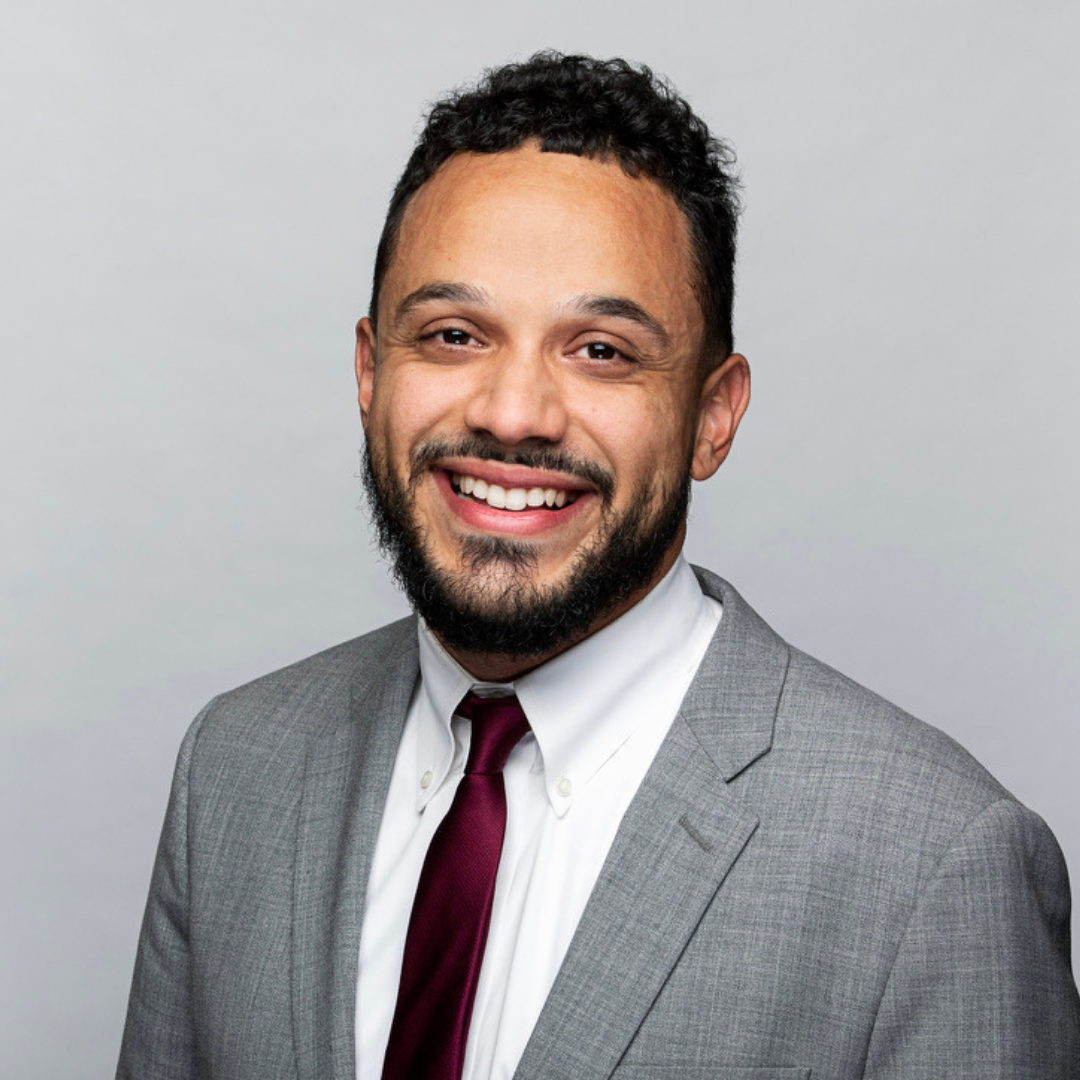
Matthew Vega
The University of Chicago
Matthew is a student, writer, and teacher. The topic of his dissertation is the intersections of Blackness, Mexicanness, and Religion. He teaches in the Theology Department at Dominican University and has spoken overseas at international conferences. He is an avid writer, who has written and co-written several chapters for different publishers, including Fortress Academic and Lexington Books. He regularly contributes to The Political Theology Network and Sojourners, where his essays explore the intersections of race and religion.

David Zamora
Wheaton College
David was born and raised in Bogotá, Colombia. He has served as a regular preacher and biblical teacher in Pentecostal, Presbyterian, and Anglican communities in Colombia, the United States, and Wales (UK). Currently, he serves as the director of the Spanish Academic Program at Trinity School for Ministry and is discerning a call to ordained ministry in the ACNA. David is interested in understanding how the Hebrew prophets used the future to lead their people into action. He is convinced that a proper understanding of the future will serve as a model for the present, transformative action of the Latine church and society at large. Such a model challenges the religious escapism and cultural fatalism created by current formulations of the future. In line with this conviction, David’s dissertation examines the rhetorical function of the future in the book of Zechariah. Through his doctoral formation, David is committed to forming leaders for the Latine’s church and society.
